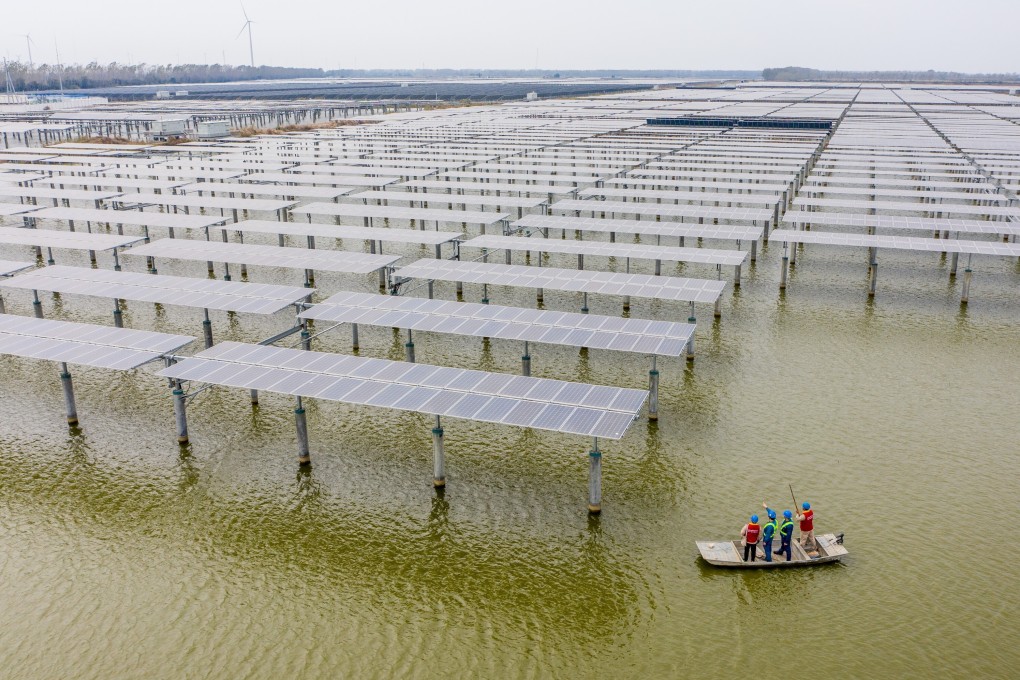Advertisement
Why China has more to gain from fighting climate change than other countries
- If the current trajectory of emissions growth continues, China could see its credit rating drop six notches and face billions more in debt service
- China has much to gain from getting serious on carbon neutrality, and any delay would be tantamount to economic self-harm
3-MIN READ3-MIN
6

When it comes to economic growth and development, China has been the envy of the world for decades. Since 1980, the economy has expanded on average by 9.4 per cent per year, four times the speed of the Organisation for Economic Cooperation and Development average.
Poverty in China has declined dramatically, but it must not bask in past successes. As in the investment industry, macroeconomic planners need to constantly remind themselves that past performance is no guarantee of future returns – nowhere more so than in China.
The decades to come will be characterised by the two megatrends of the 21st century: ageing societies and climate change. China looks exceptionally exposed on both counts. The United Nations projects the number of Chinese aged 65 or older will surge to 400 million in the middle of the century, while the working-age population keeps plummeting at an ever-faster pace.
Advertisement
China has one of the most challenging population profiles in the world. The growth sweet spot lies behind it. The race for the country to get rich before it gets old is in full swing.

01:31
China faces demographic challenge as birth rate drops despite government efforts
China faces demographic challenge as birth rate drops despite government efforts
So far, so well-known. What is less appreciated, however, is that China is also in the bull’s eye of the second megatrend: climate change.
Advertisement
Advertisement
Select Voice
Select Speed
1.00x
